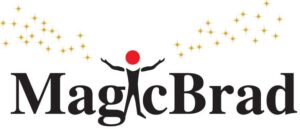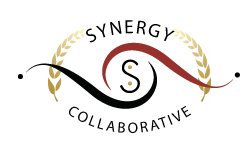In the bustling metropolitan area of Minneapolis and its charming suburbs like Golden Valley, St. Louis Park, Brooklyn Park, Minnetonka, and Wayzata, the pursuit of financial success is a shared aspiration. However, achieving financial stability requires more than just earning a paycheck – it demands a fundamental understanding of financial literacy.
Body:
1. Defining Financial Literacy:
To embark on the journey to financial success, it’s essential to comprehend what financial literacy entails. Financial literacy encompasses the knowledge and skills required to make informed and effective decisions about money management. This includes budgeting, investing, understanding credit, and planning for the future.
2. Empowering Communities through Financial Knowledge:
Minneapolis and its suburbs are diverse communities with unique economic landscapes. Empowering individuals with financial knowledge not only fosters personal growth but also contributes to the economic well-being of the entire community. Financially literate individuals are better equipped to make sound financial decisions, creating a ripple effect that strengthens the local economy.
3. Tailoring Financial Education to Local Needs:
Addressing the specific needs of Minneapolis and its suburbs, financial education programs should be tailored to the unique challenges and opportunities present in these communities. This could include workshops, seminars, and online resources that address local housing markets, employment trends, and investment opportunities.
4. Navigating Real Estate Dynamics:
Given the prominence of real estate in Minneapolis and its suburbs, a key aspect of financial literacy is understanding the local real estate market. Whether it’s buying a home in Golden Valley or investing in properties in Wayzata, having a grasp of real estate dynamics is crucial for making sound financial decisions.
5. Building Credit Wisely:
Brooklyn Park, St. Louis Park, and beyond – understanding and managing credit is paramount. Financial literacy education should emphasize the importance of building and maintaining good credit scores, which opens doors to favorable interest rates on loans and mortgages.
6. Investing for the Future:
Minnetonka, known for its affluence, presents unique opportunities for wealth accumulation. Financial literacy should guide residents on smart investment strategies, helping them grow their wealth and secure a comfortable retirement.
7. The Role of Budgeting in Everyday Life:
In a metropolitan area like Minneapolis, where the cost of living varies, effective budgeting is a fundamental skill. Financial literacy education should emphasize practical budgeting strategies tailored to the lifestyle and expenses common in these communities.
Conclusion:
As Minneapolis and its suburbs continue to thrive, the importance of financial literacy cannot be overstated. By investing in financial education tailored to the local context, individuals in Golden Valley, St. Louis Park, Brooklyn Park, Minnetonka, Wayzata, and beyond can empower themselves to navigate the intricacies of their unique financial landscapes, ultimately paving the way for a more prosperous future.
FINANCIAL QUESTIONS ❓
Contact Imara Hixon on LinkedIn










